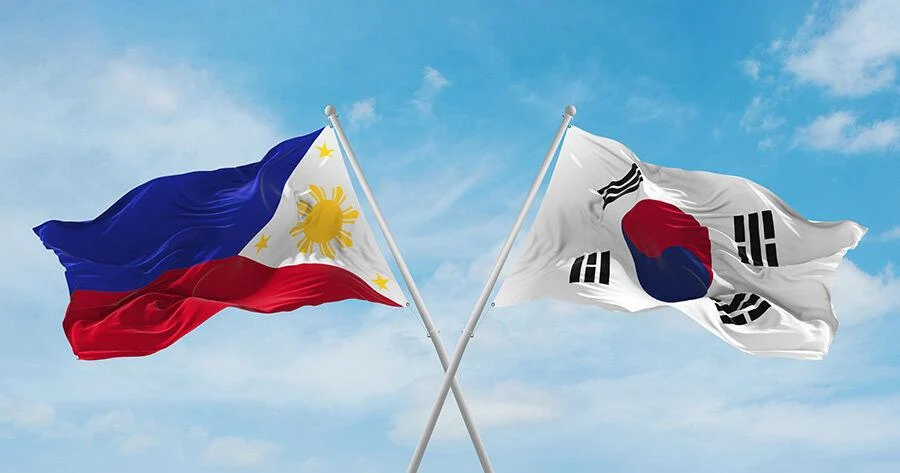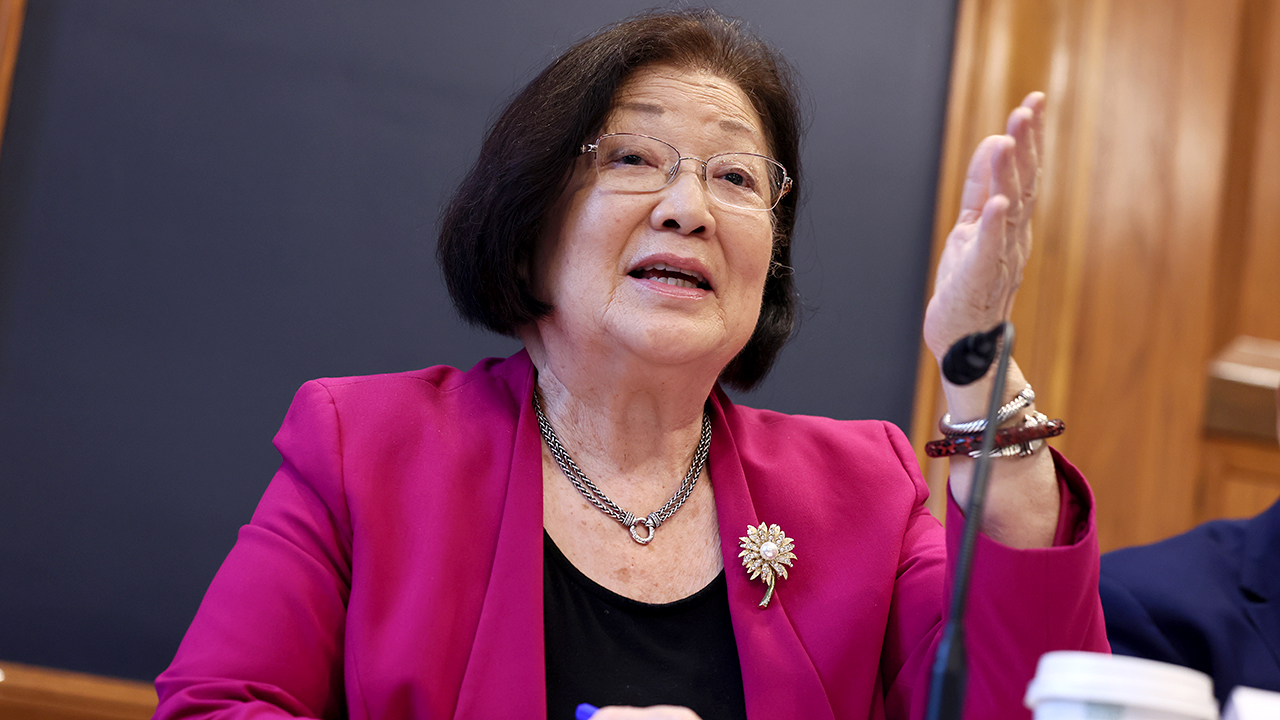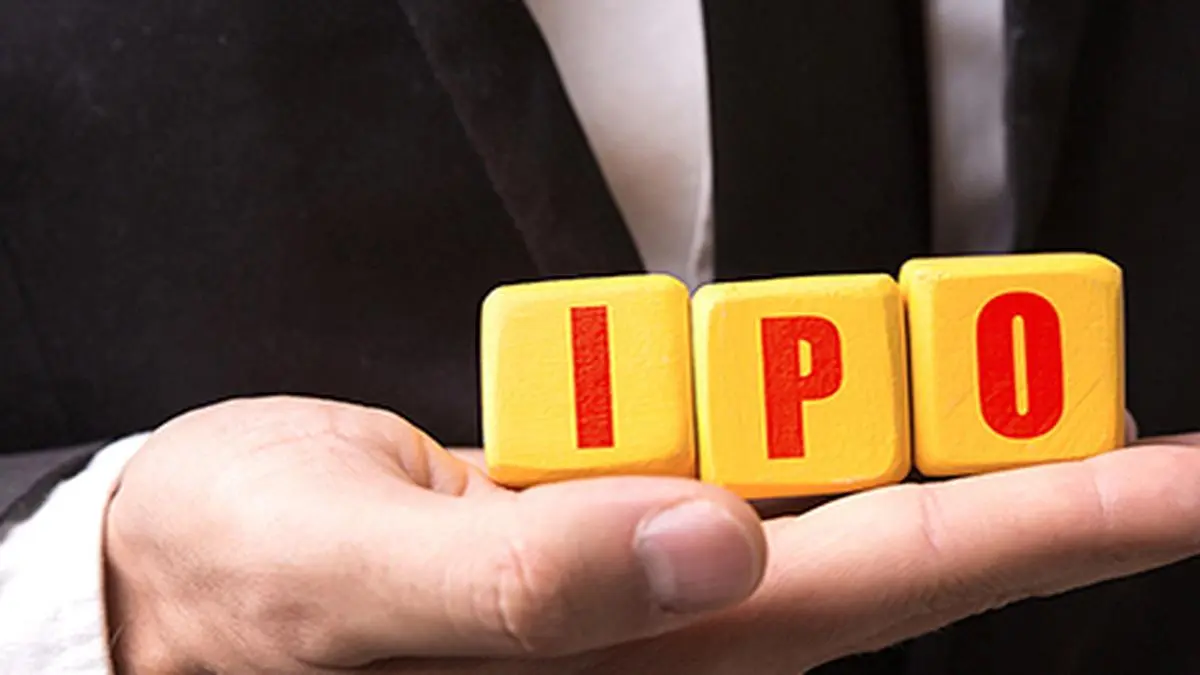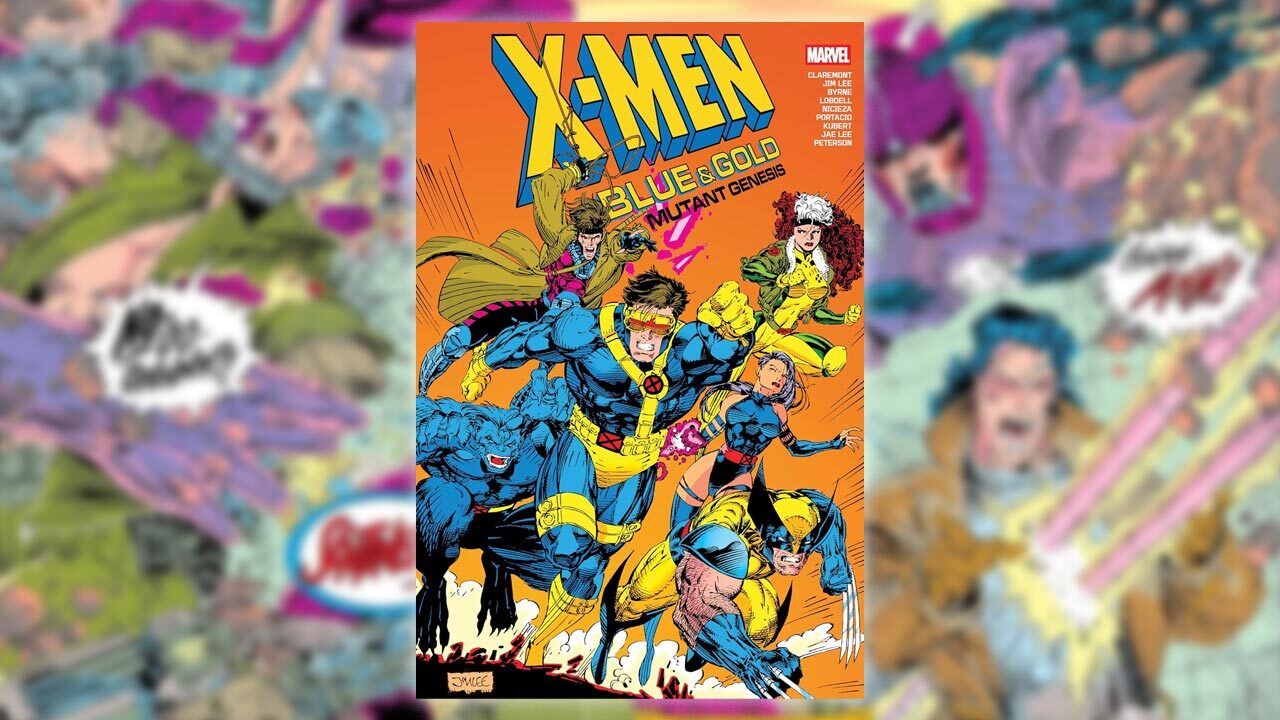By Blox Content Management,By Dean de la Paz
Copyright mvariety

IN ancient nautical charts and maps that depicted the land mass of the Philippines, where the areas had yet to be explored and its existence largely unknown, a warning was inscribed in Latin, “Hic sunt dragones” (There be dragons).
The logic behind the warning was obvious.
Recently a proposed government-to-government loan from South Korea to the Philippines was reportedly cancelled due to corruption concerns, an issue currently wreaking havoc on the Philippine government.
Last September 9, 2025, President Lee Jae-Myung of South Korea announced an immediate stop to a loan which would have funded a Department of Agrarian Reform or DAR project named after President Marcos as is the local practice of colloquial domestic patronage politics.
The move insulated South Koreans from the international fall out from Philippine corruption. President Lee noted that the project had not commenced thus protecting its Foreign Economic Cooperation Fund. South Korea provides Official Development Assistance or ODA to other countries through its taxpayers’ EDCF.
In validating his governments preemptive action Lee praised an investigative report citing how it avoided the “risk” of corruption and the use of Korean taxpayer’s money where a country wallowing in graft presents immeasurable dangers.
The expected response from the Philippines was confusing. The Department of Finance or DOF, which had already drained the Philippine Health Insurance Corporation of billions from its coffers specifically reserved for its universal health care programs, effectively re-channeling health funds to infrastructure funding, said they had “decided to halt previous discussions last year,” and was instead in talks with the French government to fund the project.
Oddly, a month earlier President Marcos reported that he had a “productive call” with President Lee where both reaffirmed their strategic partnership.
As the DOF claimed that there was no such loan from South Korea, the DAR secretary said that “if there was corruption, it was likely on the side of the Koreans because the funding was a “tied-up loan” where the Korean side chooses the contractor and does the procurement. The DAR secretary said of corruption, “It is probably not on our side. It is probably on their side.”
Ironically, the objective of opposing obfuscation is clear.
What is even clearer is that analysts take this as a warning to international creditors and foreign investors where ODA loans carry sovereign guarantees and those channeled to big ticket infrastructure can vanish as did billions lost to ghost infrastructure projects.
Interestingly, the prospective South Korean loan had all the elements of the same corruption issues that tens of thousands have taken to the streets. Include here the much broader macroeconomic consequences drowned in a flood of concomitant controversies typical of the economic governance under the current Ferdinand R. Marcos administration.
Despite the reshuffling of portfolios after Marcos’s first three years, mostly due to gross incompetence and unproductivity, there are now resurgent calls for a complete revamp, if not criminal prosecution for graft and corruption for sitting officials in all three branches of government.
These common elements range from the malversation and outright theft of billions in infrastructure projects, the complicity of local government officials covering lawmakers and Executive Department officials and engineers, and the typical lies, fake news and confusing spins and smoke screens to blur and parry both criticism and public anger.
As we seek to fully appreciate the systemic impact of the aborted international debt funding on the larger macroeconomy, allow us to similarly factor-in those common elements so that we might discern lies from the truth. By doing so we may just realize that the Philippines is not simply a land sans money, or “terra nullius pecuniam,” but also a forsaken place governed by voracious reptilian dragons, leaders bankrupt of integrity and principles albeit nurtured by what little money can be drained from the blood of its taxpayers.
Following the mad scramble of the Marcos government to squeeze out what its economic managers and finance officials label as free or uncommitted capital from government financial institutions and state-managed pension funds such as the Social Security System and the Government Service Insurance System, some in the international community fear that capital inflows despite sovereign guarantees may similarly vanish.
Allow us to quantify and analyze the extent of the Philippine graft and corruption fallout on the international community.
Foreign investors have been net sellers in the Philippine capital markets for eight consecutive years covering the Duterte administration to Marcos’s. Cumulative net foreign outflows were $7.08 billion. This totally zeroed out as much as $7.03 billion in net inflows during the Benigno S. Aquino presidency. Within Marco’s first three years alone net foreign divestments were over $2.5 billion. At half Aquino’s term, that amount is approximately 36% of the amount invested in Aquino’s six-year term.
This year the net inflow of FDI fell to $376 million in June, the lowest level since the start of the year. That is an 18% drop from the same period in 2024. This is nothing new but the latest infrastructure scandals plaguing the Marcos administration will certainly aggravate the continuing malodorous environment. From $1.21 billion a year prior, equity capital plunged by 75%. For this year alone equity withdrawals surged by 67.2%.
Bearing in mind these macroeconomic aberrations, let us highlight the irony given the cancelled South Korean ODA.
Economic managers tout that South Korea is a top source of equity capital placements. Midyear, South Korea was the third-largest source of equity capital placements. For 2024, South Korea was one of the top four sources of equity capital.
South Korea has wisely started to protect its own taxpayers from the impact of graft and corruption in the Philippines. We pray that the Philippine government protects its own just as aggressively because indeed, there be dragons in our midst.
Dean de la Paz is a former investment banker and a managing director of a New Jersey-based power company operating in the Philippines. He is the chairman of the board of a renewable energy company and is a retired Business Policy, Finance and Mathematics professor.



